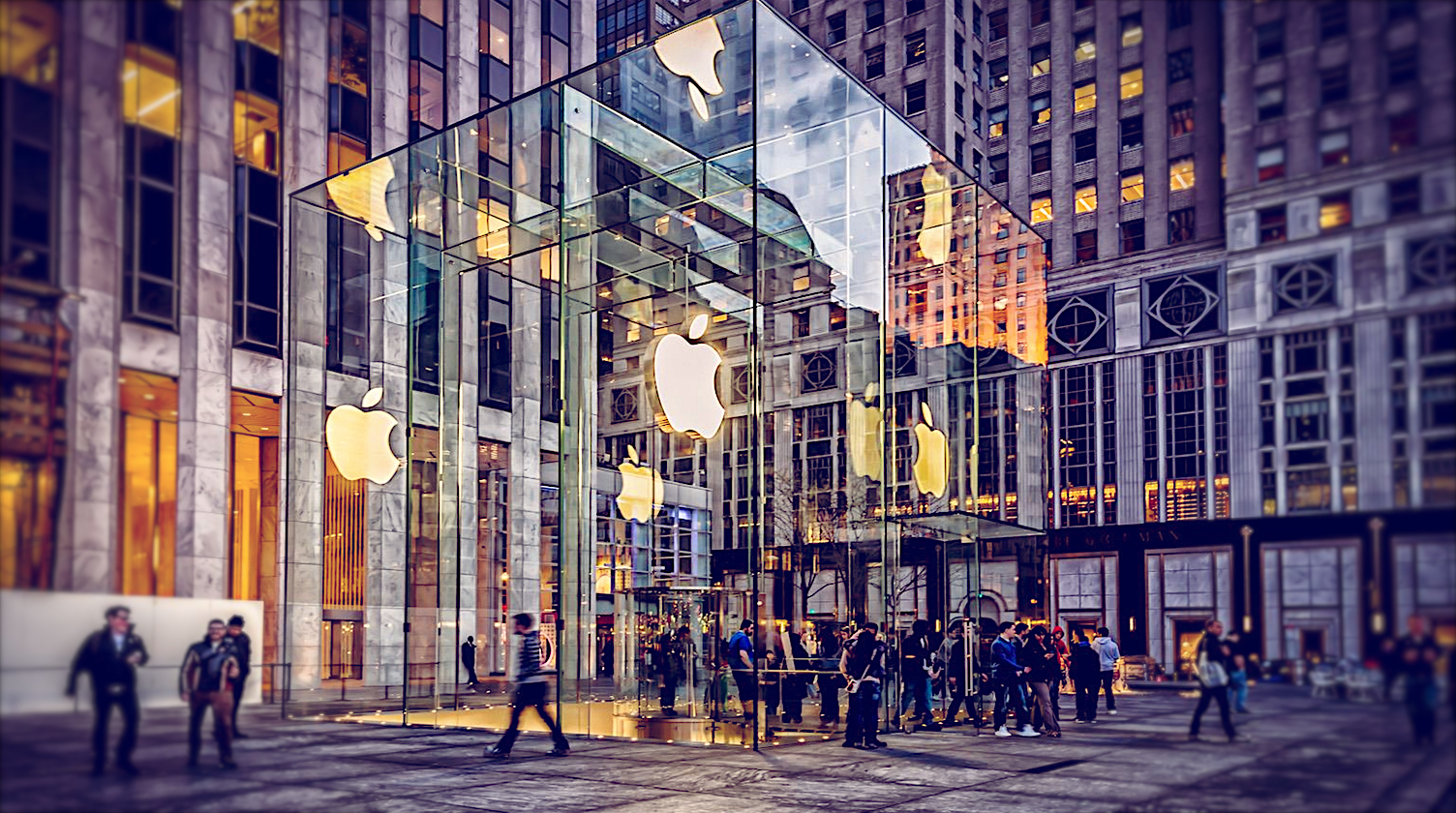
More news, and some great analysis, has surfaced over the Apple vs the FBI situation I posted about a few days ago. I’ve rounded up some of the best articles I’ve come across on the subject from a variety of angles.
Rich Mogull, asking if we have a right to security:
The FBI wants this case to be about a single phone used by a single dead terrorist in San Bernardino to distract us from asking the real question. It will not stop at this one case, that isn’t how the law works. They are also teaming with legislators to make encrypted, secure devices and services illegal. That isn’t conspiracy theory, it is the stated position of the director of the FBI. Eventually they want systems to access any device or form of communications, at scale. As they already have with our phone system. Keep in mind that there is no way to limit this to consumer technologies, and it will have to apply to business systems as well, undermining corporate security.
John Paczkowski, reporting for BuzzFeed:
The Apple ID password linked to the iPhone belonging to one of the San Bernardino terrorists was changed less than 24 hours after the government took possession of the device, senior Apple executives said Friday. If that hadn’t happened, Apple said, a backup of the information the government was seeking may have been accessible. […]
The executives said the company had been in regular discussions with the government since early January, and that it proposed four different ways to recover the information the government is interested in without building a back door. One of those methods would have involved connecting the phone to a known wifi network.
Apple sent engineers to try that method, the executives said, but the experts were unable to do it. It was then that they discovered that the Apple ID password associated with the phone had been changed.
Zdziarski, explaining the precedent, and why the FBI is being as calculating as they are:
Quite the contrary, unless Department of Justice is asking Apple to completely ignore sound forensic science, and simply pump out a reckless (and possibly harmful) hacking tool, it would seem that false statements are being made to the court. Or perhaps they’re attempting to skirt the reality of this by using the verbiage, “after its purpose”, which requires disseminating it outside of Apple, as well as opening it up to work on other devices, and thereby relinquishing custody of it.
In the same vein, you’ll also notice that in demanding a tool, FBI has sneakily ensured that a more “open” copy of the software will have to be released (that will work on other devices) in order for it to be tested, validated, and re-tested by a defense team. This guarantees that the hacking tool FBI is forcing Apple to write will be out in the public, where it will be in the hands of multiple agencies and private attorneys.
Trump is calling for a boycott of Apple:
Sr. Apple exec, says Trump’s call for Apple boycott puts the company in standing with other good people he has criticized.
Bruce Schneier, writing for The Washington Post:
Either everyone gets security or no one does. Either everyone gets access or no one does. The current case is about a single iPhone 5c, but the precedent it sets will apply to all smartphones, computers, cars and everything the Internet of Things promises. The danger is that the court’s demands will pave the way to the FBI forcing Apple and others to reduce the security levels of their smart phones and computers, as well as the security of cars, medical devices, homes, and everything else that will soon be computerized. The FBI may be targeting the iPhone of the San Bernardino shooter, but its actions imperil us all.